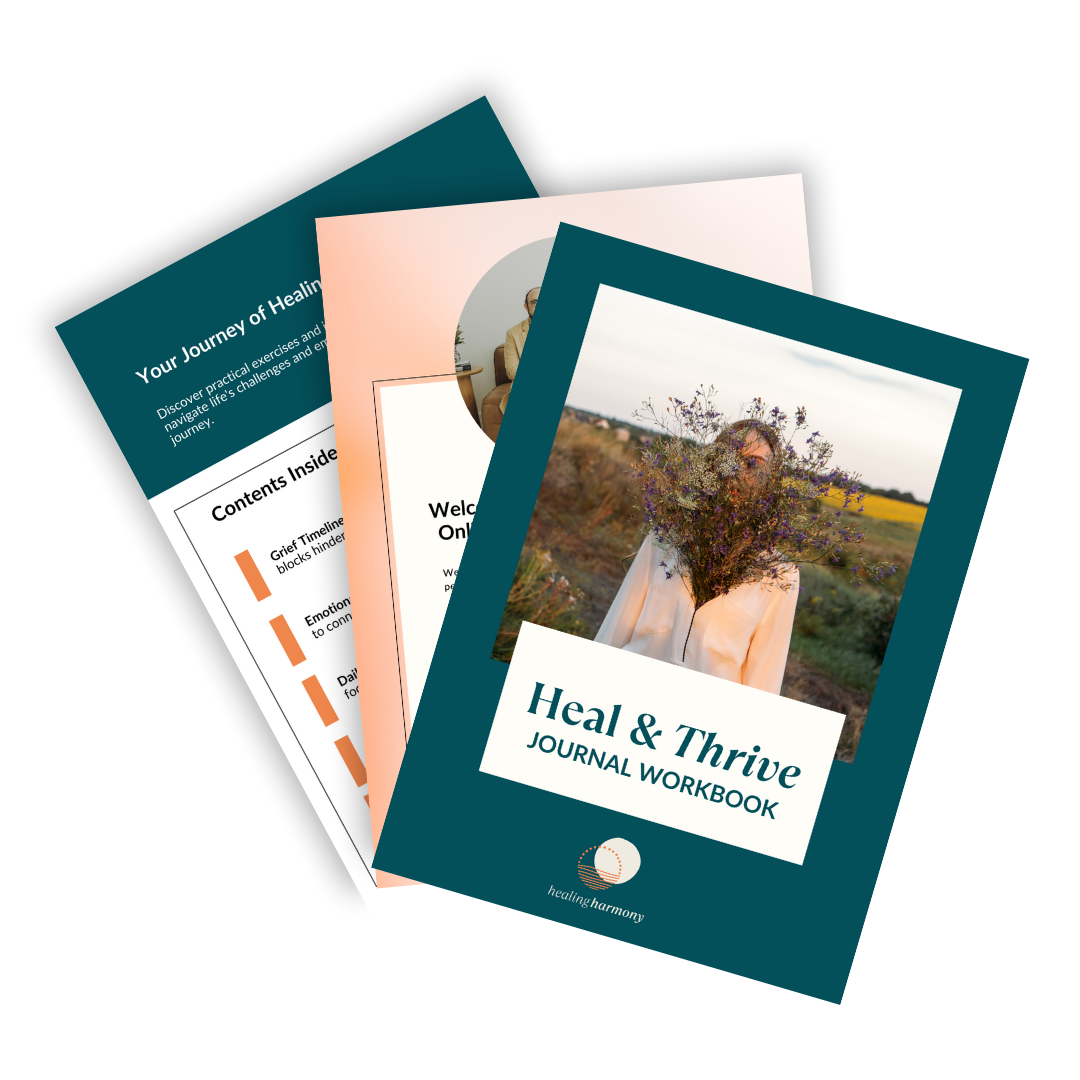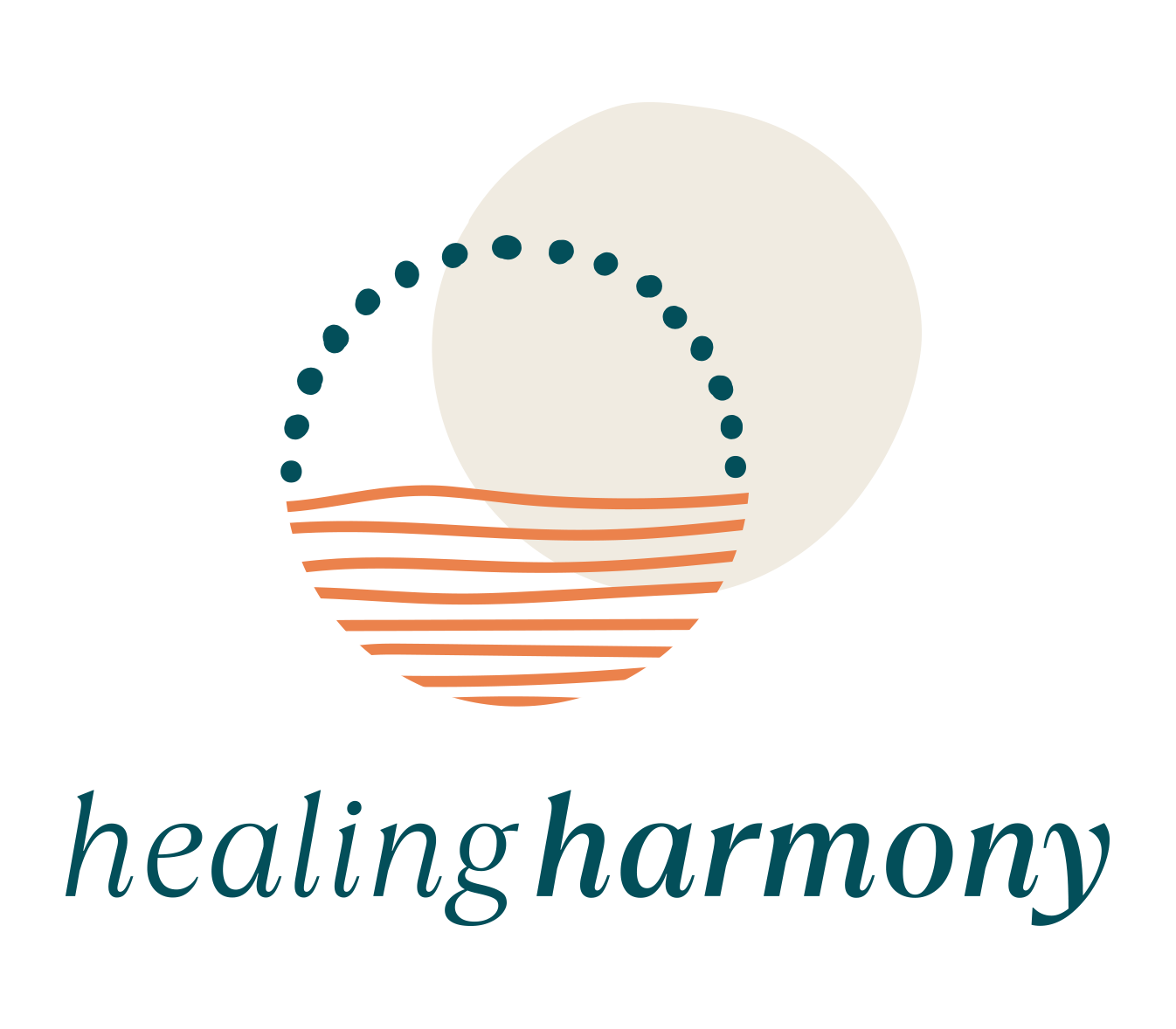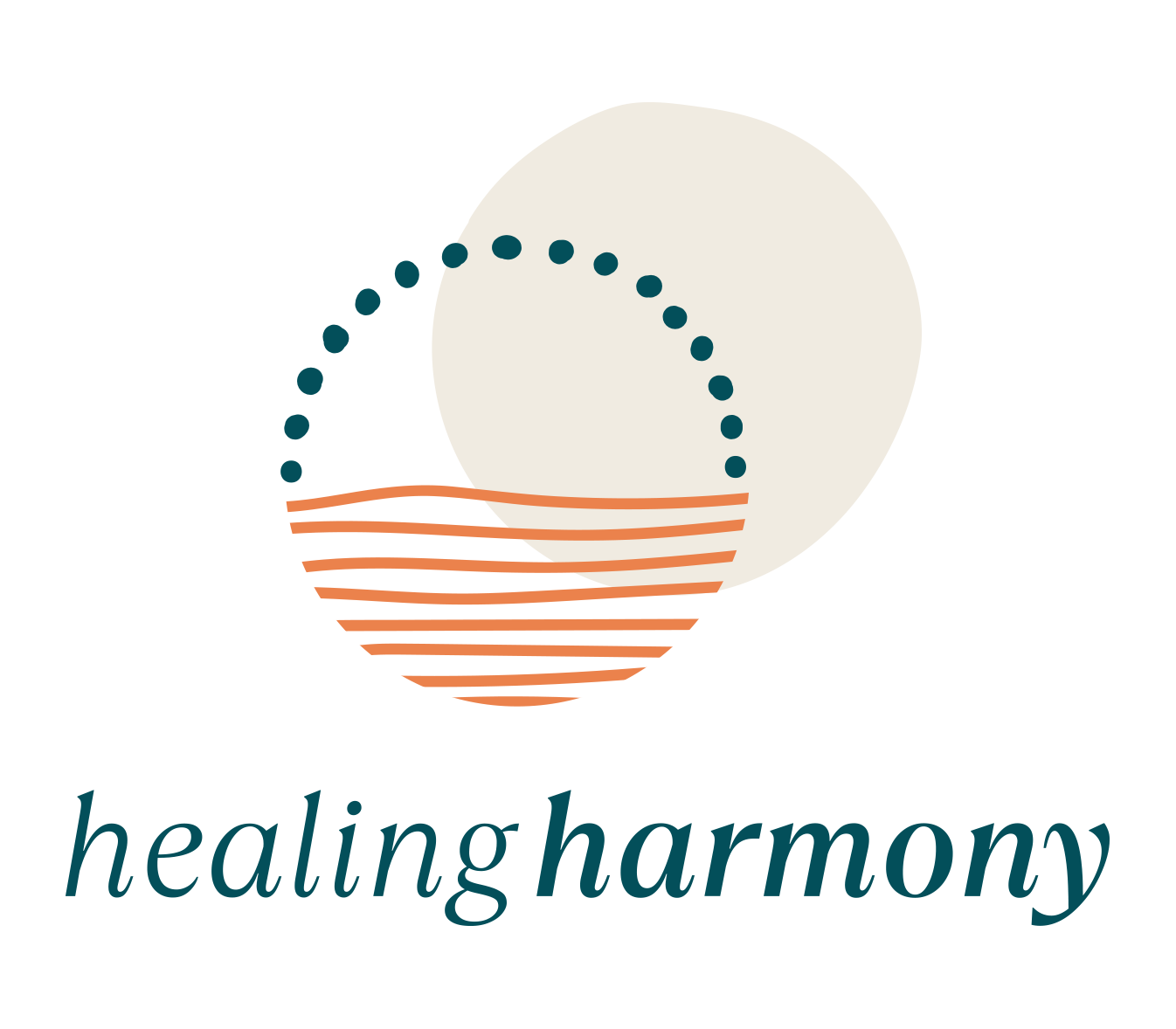How to know if you have ADHD as an adult: signs, stories, and the first steps to healing
Many adults live with ADHD without realizing it. Often dismissed as laziness, forgetfulness, or a lack of discipline, the symptoms of ADHD in adulthood can be subtle but deeply disruptive. You may find it difficult to stay focused, manage time, regulate emotions, or follow through on tasks—not because you don’t care, but because your brain processes things differently.
In this article, we’ll explore what ADHD really looks like in adults, how it often goes undiagnosed, the most common symptoms, and the powerful ways therapy can support your healing. Whether you’ve struggled for years or are just beginning to ask questions, you’ll find practical insights, emotional validation, and hopeful first steps here.
You want to be on time. You want to remember. You want to stay present in conversations instead of cutting people off mid-thought—but somehow, the moment slips through your fingers before you can catch it.
And later, when the world goes quiet and it’s just you and the ceiling above your bed, the same questions whisper in the dark:
"Why does it seem so much harder for me than for everyone else? Is it just me? Am I broken?"
If these questions feel too familiar, take a deep breath—you’re not broken. You’re carrying invisible battles most people can’t see, and you've been fighting with courage every single day.
In case we haven't had the chance to meet yet, we’re Jeffrey & Rebekah from Healing Harmony Counseling—therapists and life coaches for young adults and teens who are ready to stop surviving and start healing.
If you're looking for a place where your struggles are understood and your whole messy, brilliant story is welcome, you've just found it.
Let’s walk this road together—with grace, understanding, and the kind of hope that believes in you even when you don't.

Living undiagnosed: the invisible struggle
Living with undiagnosed ADHD as an adult is like constantly being slightly out of sync with the world—always a few beats too early, too late, too much, or too little. It’s losing track of bills and feeling a tidal wave of shame crash down out of nowhere. It’s realizing you forgot your best friend's birthday—again—and wondering why love and memory never seem to line up the way you want them to.
It’s standing in a grocery store aisle, overwhelmed by choices, frozen in place while the world bustles past you. It’s misplacing your keys for the third time in a week and fighting back tears because it’s not just about the keys—it’s about feeling broken in tiny, exhausting ways that no one else seems to notice.
It’s sitting in a meeting, heart pounding, desperate to focus—but your mind drifts away like a balloon slipping out of your hands. It’s promising yourself that tomorrow you’ll "get it together," but by noon, the weight of forgotten tasks, missed cues, and spiraling self-doubt has already knocked you off your feet.
Most adults with ADHD grow up believing they’re the problem. They become masters at hiding the cracks—smiling through panic, apologizing for being “too much,” punishing themselves in silence for every little misstep.
Knowing the signs isn’t about making excuses. It’s about finally, finally offering yourself the compassion you’ve needed for so long. It’s about setting down the heavy armor you were never meant to carry in the first place.
You are not a failure. You are a survivor of a silent struggle—and that makes you incredibly brave.
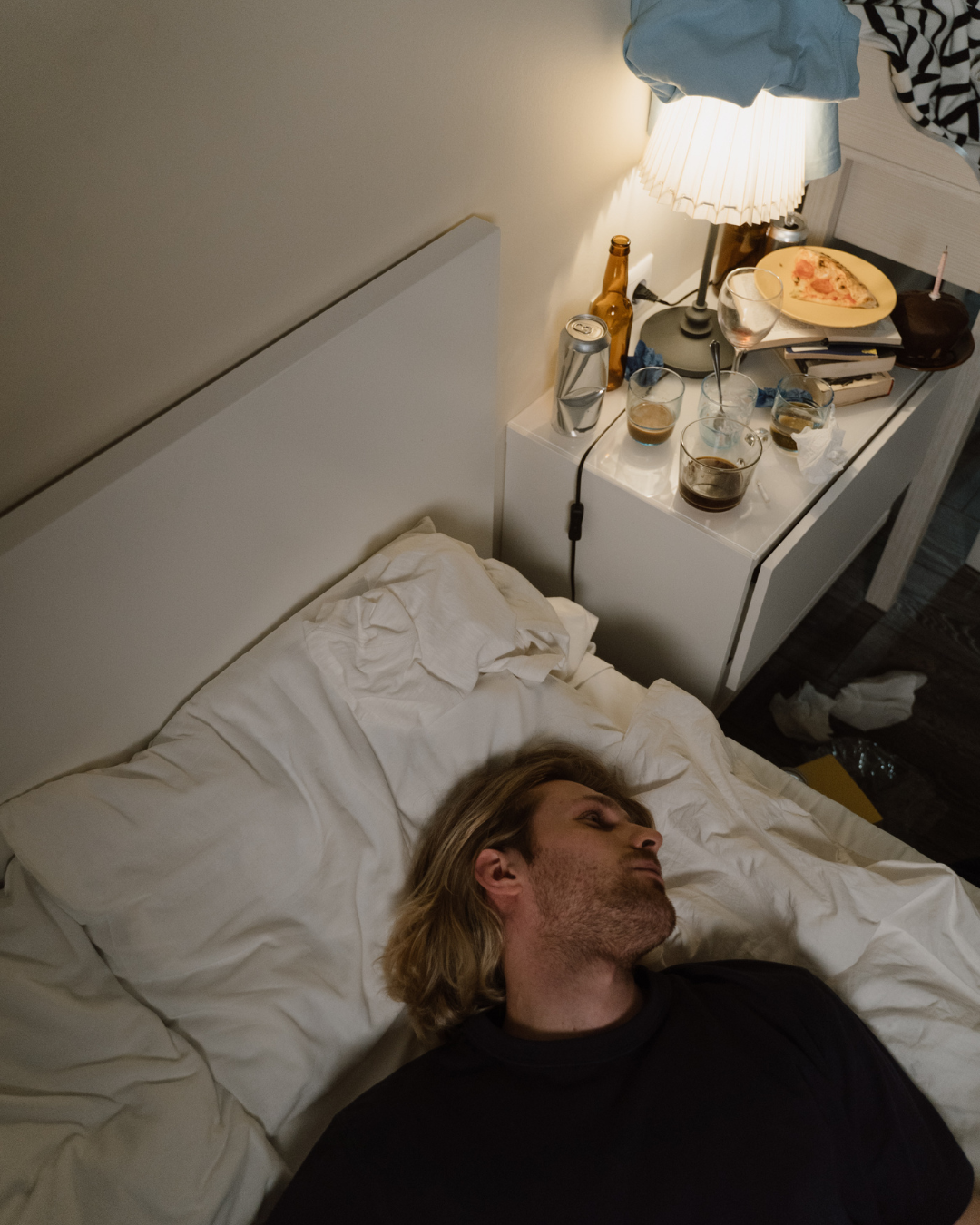
What does ADHD look and feel like in adulthood?
Adult ADHD isn’t always loud or disruptive—it can be subtle, misunderstood, and deeply internal. While many associate it with childhood hyperactivity, adult ADHD often shows up as restlessness, impulsiveness, and persistent difficulty focusing. These challenges can interfere with your job, relationships, and overall quality of life.
Let’s break it down further.
The daily experience of adult ADHD
- Difficulty initiating tasks: You sit in front of your laptop with a to-do list, but starting even a simple task feels impossible. Planning and prioritizing can be a daily hurdle.
- Emotional reactivity: Sudden changes or small setbacks can lead to overwhelming frustration or irritability.
- Time blindness: You lose track of time easily—caught in a loop of distractions, forgetting how long you’ve been scrolling or procrastinating.
- Disorganization and forgetfulness: Missed appointments, misplaced items, and chaotic routines can make life feel out of control—not because you don’t care, but because your brain struggles with managing details.
The emotional weight ADHD carries
- Persistent self-doubt: Many adults internalize their struggles as personal flaws, believing they’re lazy or undisciplined when in reality, their brain simply processes information differently.
- Overcompensation: To “keep up,” some mask their difficulties through perfectionism or overworking—until burnout hits.
- Isolation and misunderstanding: Forgotten texts or emotional reactions can damage relationships, creating a sense of loneliness or being misunderstood.
The takeaway? ADHD in adulthood isn’t a quirk or a lack of effort. It’s a neurodevelopmental condition that influences how you think, feel, relate, and function. Recognizing the signs doesn’t mean something is wrong with you—it means you’re beginning to understand yourself more deeply. And with the right tools—therapy, coaching, structure, or even medication—you can build a life that supports how your brain actually works.
If this resonates, know that you’re not alone. There’s a path forward, and support is available.

How to know if you have ADHD as an adult: signs, facts, and first steps
ADHD (Attention-Deficit/Hyperactivity Disorder) doesn’t disappear after childhood—it often continues into adulthood, though it may look different. According to the CDC, symptoms must be present before age 12, but many adults go undiagnosed for years because their struggles were misunderstood or masked.
How do you know if it's ADHD and not laziness? (Let’s look at the data)
Many adults with ADHD have spent years blaming themselves for things that were never about laziness. But the truth is, ADHD is a neurological condition—not a lack of motivation or discipline.
Here’s how to tell the difference:
ADHD:
- Difficulty with executive function: ADHD affects the brain’s ability to manage attention, memory, planning, and self-regulation. These are not moral failings—they’re neurological patterns.
- Persistent struggles despite effort: If you find yourself truly trying to stay on track—but still missing deadlines, losing focus, or feeling overwhelmed—it might not be about effort at all. Research from CHADD shows that ADHD can lead to chronic difficulty completing tasks, even when motivation is high.
- Emotional toll: People with ADHD often experience guilt, anxiety, and shame because their performance doesn’t reflect their intent. That emotional burden is a key sign that something deeper is going on.
Laziness:
- Lack of desire or initiative: Laziness is generally characterized by not wanting to complete tasks—not trying and failing to complete them.
- No internal distress: Someone who is lazy might not feel distress about missed tasks. In contrast, someone with ADHD usually feels deep frustration and shame because they care—but still struggle to follow through.
Diagnosing ADHD as an adult: how the healing begins
Getting diagnosed isn’t just checking a box—it’s reclaiming your story.
Many adults reach a diagnosis later in life after years of feeling “off,” overwhelmed, or stuck in patterns they can’t seem to change. Often, their struggles were misunderstood or minimized—dismissed as personality quirks, daydreaming, or emotional sensitivity.
Maybe you were "the imaginative one," always lost in thought. Maybe you hid your overwhelm behind good grades or humor. Maybe you blended in so well that no one realized how much energy it took to keep up.
According to the American Psychological Association, a proper diagnosis of adult ADHD involves a careful look at both past and present symptoms. While symptoms must have been present in childhood, they may not have been identified at the time. What matters now is recognizing how those patterns still affect your life today.
A thorough diagnostic process typically includes:
- Exploring your childhood experiences—especially signs that were overlooked or misunderstood.
- Identifying current patterns such as missed deadlines, impulsive behavior, or emotional reactivity.
- Considering co-existing conditions like anxiety, depression, or trauma that may mask or complicate ADHD symptoms.
Diagnosis isn’t the end of the story—it’s the moment you stop blaming yourself and start understanding yourself. It’s the beginning of healing with clarity, tools, and the self-compassion you’ve always deserved.

Recognizing ADHD patterns: trusting your own truth
Maybe you’ve spent most of your life feeling misunderstood—like people see only fragments of who you are. Maybe you’ve been called “too sensitive,” “too much,” or “too scatterbrained.” You’ve learned to mask, to adapt, to survive. But underneath all that effort lives a deeper truth: your brain has been working overtime just to keep up in a world that was never designed for it.
But recognizing your patterns—your energy cycles, your sensitivities, your bursts of brilliance—isn’t selfish. It’s sacred. Trusting your own truth means acknowledging what’s always been there: you were never broken. You were simply waiting to be understood.
When you finally see your experience for what it is, you can stop trying to be someone else—and start reclaiming the power of being fully, beautifully you.
Why getting help for ADHD changes your whole life
Getting support doesn’t mean you’re broken. It doesn’t mean you’re weak. It means you’re finally giving yourself the chance to stop fighting invisible battles alone.
Support doesn’t change who you are.
It frees who you were always meant to be.
Therapy, coaching, medication, mindfulness—these aren’t about erasing your struggles or pretending they never existed. They’re about building bridges over the places where life once felt like a dead-end. They’re about carving out new pathways where there were only walls before—walls you kept crashing into, blaming yourself for not climbing over faster.
Real help gives you the tools to:
- Set realistic goals without being crushed under the weight of guilt every time you fall short. It teaches you that missing a deadline doesn’t define your worth.
- Create structures that honor your brain’s natural rhythms—flowing with your energy, not against it. It’s about designing a life that feels possible, not punishing.
- Heal from decades of silent self-blame—the kind that whispered "You’re not enough" every time you forgot something, got overwhelmed, or felt too much.
- Live louder, freer, and more joyfully than you ever thought possible. Not by becoming someone different, but by finally becoming more you.
Healing isn’t about squeezing yourself into someone else’s mold of “normal.”
It’s about tearing down those molds altogether—and standing in the beautiful, untamed shape of your own life.
It’s about understanding that your brain isn't a broken machine needing fixing. It’s a brilliant system needing the right kind of care, kindness, and permission to shine.

If these words echo something deep inside you, it’s because your story matters—and it’s time the world sees it too.
If something in this resonates—if it feels like you’ve finally put words to what you’ve been carrying—know that it’s not a coincidence. Your experience matters, and it deserves to be seen, heard, and honored.
Living with ADHD doesn’t mean you’re broken. It means your mind moves in ways that are bold, creative, and powerfully unique—even if the world hasn’t always known how to hold that. You are not behind. You are not failing.
You are wired for something different—and that difference is beautiful.
Explore our ADHD therapy services in Dallas, TX and take the first step toward a life that recognizes your strengths, not your struggles. Healing is possible. Growth is possible.
And you—exactly as you are—deserve both.
*AI Disclosure: This content may contain sections generated with AI with the purpose of providing you with condensed helpful and relevant content, however all personal opinions are 100% human made as well as the blog post structure, outline and key takeaways.
* Blog Disclaimer: Please note that reading our blog does not replace any mental health therapy or medical advice. Read our mental health blog disclaimer here.
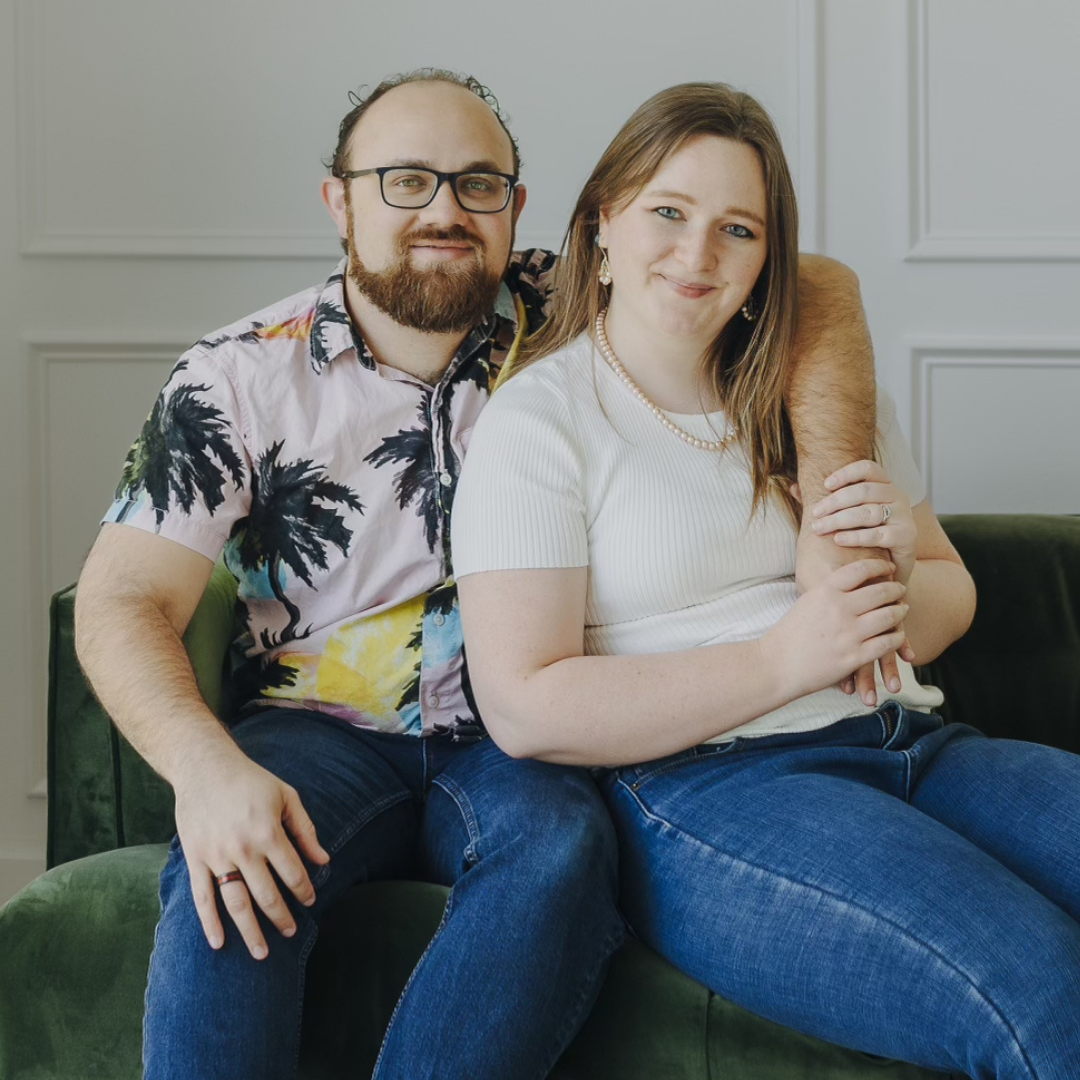
Hello, we are Jeffrey & Rebekah
Therapists and life coaches at Healing Harmony. We specialize in supporting multicultural families and Third Culture Kids (TCKs) through transitions and emotional challenges, fostering resilience and cultural identity.
